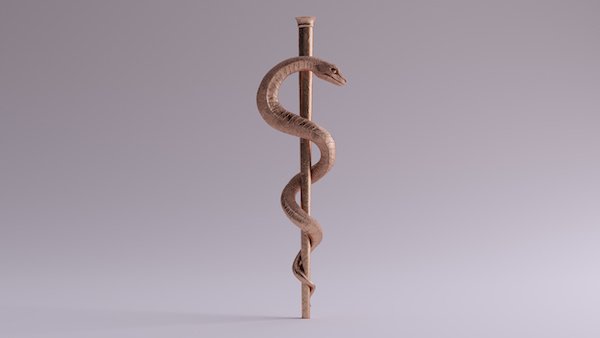Quality Medical Services
What do we mean by high quality medical services? Everyone talks about quality healthcare, but what defines it? How do you know if your current primary care office is providing you and your family with the best available care?
Here are some things to ask yourself about your current quality of medical care (adapted from Steven Knope's book entitled Concierge Medicine: A New System to Get the Best Healthcare.
Healthcare Advocacy - Your primary care office should be serving as your ultimate patient advocate by coordinating your complete care, monitoring the big picture, being involved in whatever is going on in your healthcare, communicating with specialists, knowing what the other doctors are prescribing, knowing what your current problems and medications are at all times. Your doctor should not just be treating your illnesses, but should be working on optimizing your care as much as possible, preventing future problems, discussing diet and exercise, providing intelligent advice in all aspects of your care.
Education/Reputation - You should have some idea of your doctor's credentials, qualifications, training, where s/he attended medical school and residency or fellowship. Is he or she active in specialty organizations and staying up to date in general medicine? Is your doctor board certified and experienced? What kind of reputation does s/he have in the community, not just from other patients' perspectives, but from colleagues' and peers' opinions as well.
Listening Ability - One of the most important attributes a personal physician can have is the ability to really listen to his/her patients and understand their symptoms and what is going on in their lives. Only then can diagnoses be accurately made and treated properly. Medical care should never be done by cookbook or knee-jerk reactions. There are always nuances of symptoms that require careful listening that will lead the astute practitioner in the right direction.
Personality - Does the chemistry between you and your doctor seem right? Do you feel a bond with your doctors and nurses at your primary care office or is it all business? Does your doctor seem compassionate and caring? Is s/he concerned about your welfare or just anxious to get out the door as soon as possible?
Time - How much time is devoted to your personal healthcare by your doctor and your primary care office? Your medical care is a very important part of your life obviously. Does 5-10 minutes every 3-6 months with a rushing doctor sound like an adequate investment of time in managing something as important as your personal health and future wellness?
Access - All patients should have good access to their personal physicians. Things happen between appointments that require medical attention. Patients don't just get sick from 9-5 Monday through Friday. When you have a problem, you need to be able the get in touch with your doctor - sometimes right away. When you need a prescription refill, you need it now, not 3 days after you've run out of your medicine.
Care outside the office - What happens if you get really sick and need to go to the Emergency Room or be admitted to the hospital? Will your personal physician be able and willing to see you there, admit you if necessary, remain directly involved, and coordinate your care in the hospital? Not many office-based physicians will do this. Does yours? What if you require extended care in a subacute care nursing facility or even long-term care in a nursing home. Will your physician follow you there and be directly involved in your care or will some other doctor that you never heard of take over your care? Also, does your doctor make house calls if you can't get to the office?
Prevention - How emphatic is your physician about making sure you are up to date on vaccinations, colonoscopies, annual complete medical evaluations, bone density studies, mammograms and other medical studies and procedures necessary to help prevent future disease? Are these things afterthoughts or are they incorporated into your overall care on a proactive basis? What is your current medical office doing to optimize your health and wellness? Do you regularly hear discussions on diet and exercise or are you pretty much on your own about these things?
Complexity of care - How does your doctor rate on taking care of serious or complex medical illnesses? Does s/he have the experience, qualifications, ability and willingness to take care of sick people? Not all of them do. It requires a major commitment on the part of your doctor and medical office to take care of patients with multiple or complex problems that may require frequent office visits, frequent phone calls, hospital visits, careful intellectual thought, multiple communications with specialists, etc. in order to facilitate and assure the best care possible.
To say that your health is extremely important is an understatement that we all take for granted. You should spend at least as much time taking care of your health as you do taking care of your financial well being. When we invest in our homes, cars, insurance, stocks, TV sets, etc., we spend an awful lot of time figuring out what the best options are. It seems amazing that we don't spend more time and effort planning and assuring good health care.
Hopefully, the above checklist and questions will help provide a framework of information that you can use to decide if the healthcare you are already receiving is right for you or if you think you can do better. Our concierge internal medicine practice can provide all of the services listed above and more. If you decide your healthcare is being shortchanged, you might consider giving us a call. We'd be happy to hear from you.
From "Quality Medical Services" to "HomePage"








